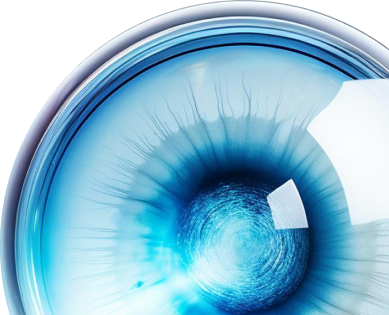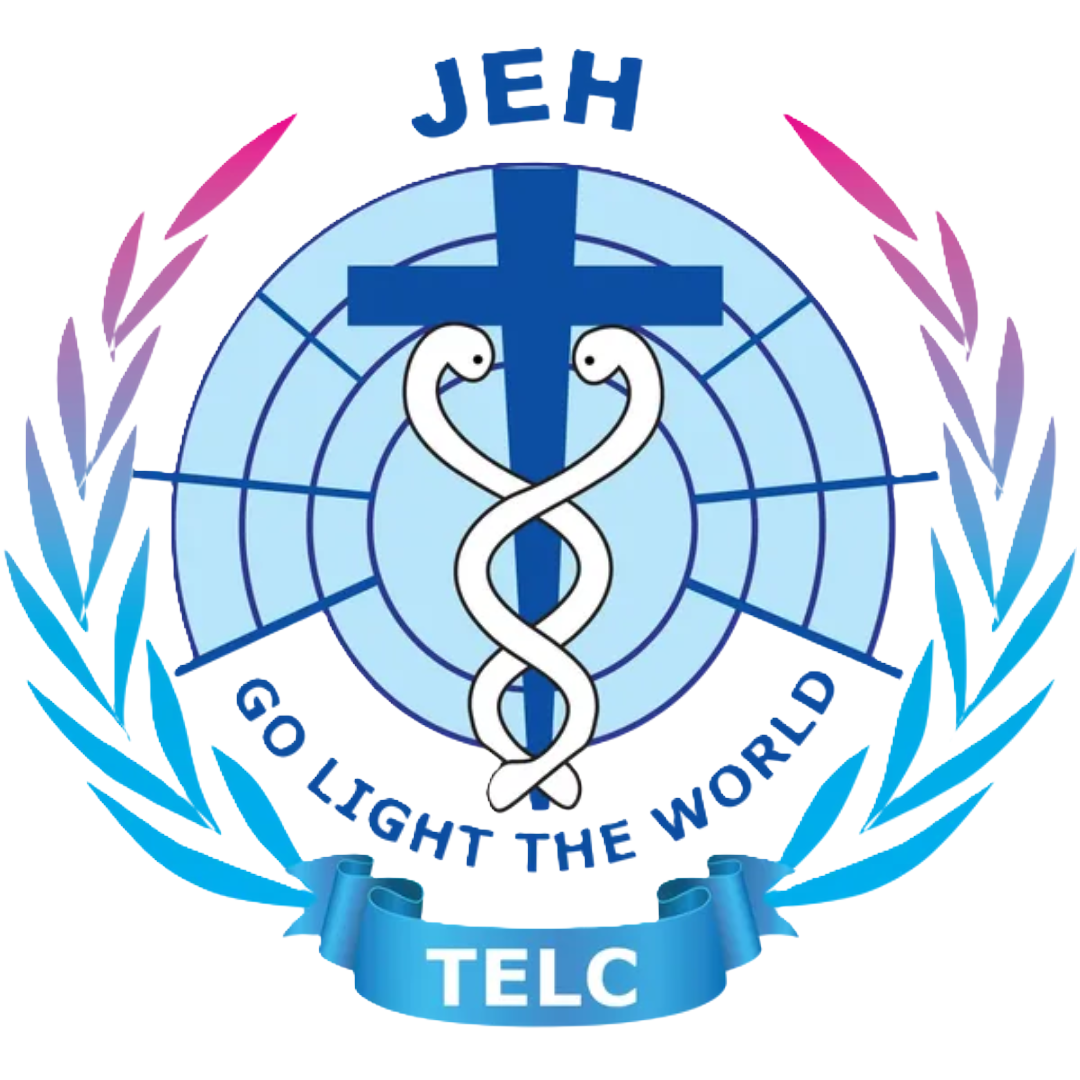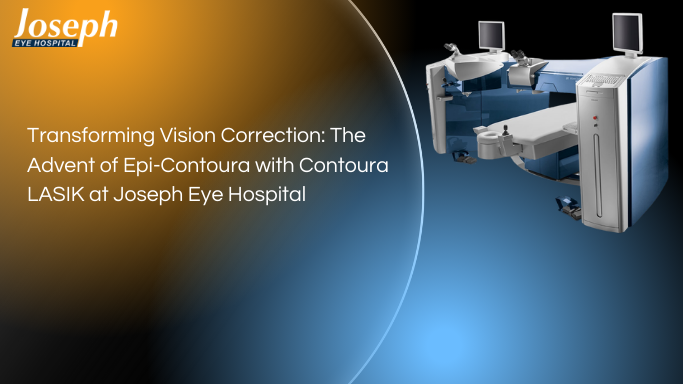Pioneering Cornea Care
at JEH Cornea Center

What we do
At JEH Cornea Center, we stand as a pillar of hope for individuals grappling with corneal diseases. Recognized by the government as a premier cornea transplant center, we pride ourselves on being the highest transplant performing facility in Central Tamilnadu , thanks tothe support of our dedicated in-house Eye Bank.
Cataract Treatments
Facilities for Cornea Treatment
Corneal Transplantation
We specialize in advanced transplant techniques, including DMEK, DSAEK, and traditional full-thickness procedures, utilizing high-quality corneas from our Eye Bank.
Collagen Cross-Linking
An innovative approach to halt the progression of keratoconus and corneal ectasia.
Laser Eye Surgery
State-of-the-art LASIK and PRK surgeries for precise vision correction. (Lasik page link)
Custom Contact Lenses
Tailor-made lenses designed to accommodate unique corneal shapes and conditions and bandage contact lenses for healing of ulcers.
Dry Eye Clinic
A growing problem, especially with high usage of computers and mobile phones. Comprehensive solutions for managing dry eye syndrome, enhancing both comfort and vision.
All Blogs
What would you like to know
Firstly, advise the person not to rub their eyes, as this action could lead to corneal injury. Instead, gently rinse the eye with a copious lukewarm water/ RO water. After rinsing, if discomfort persists, it's essential to seek professional medical assistance promptly to avoid further complications
Our procedures are performed under anesthesia to ensure a pain-free experience. Post- surgery discomfort is minimal and well-managed with medication.
Recovery varies by individual and procedure type. Typically, patients resume daily activities within a few weeks, with ongoing improvement in vision over several months to a year.
Yes, treatments like collagen cross-linking are designed to stop the progression of keratoconus, offering a significant improvement in visual quality.
Absolutely. We provide specialized pediatric care, ensuring young patients receive the most effective treatments for their developing eyes.



